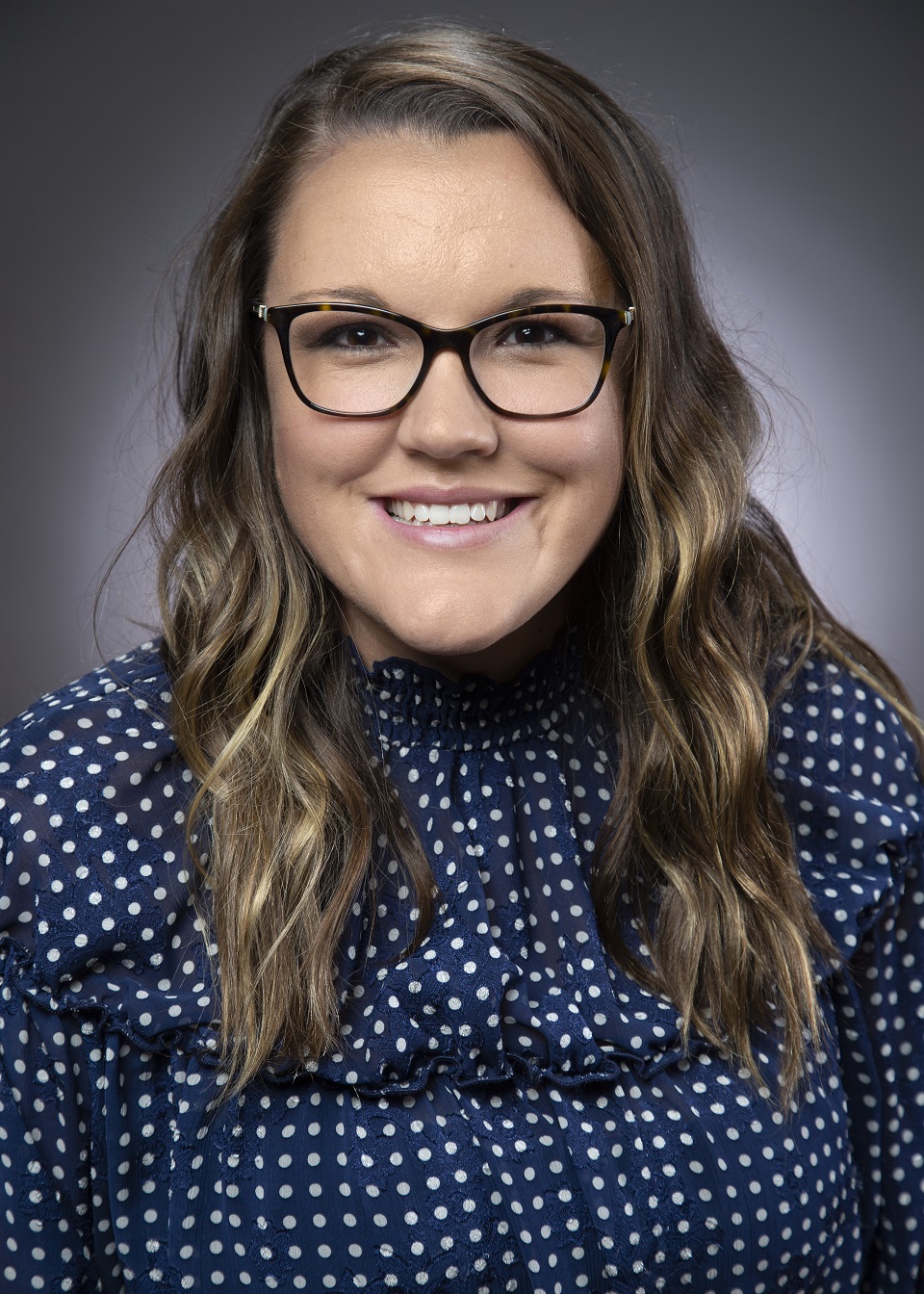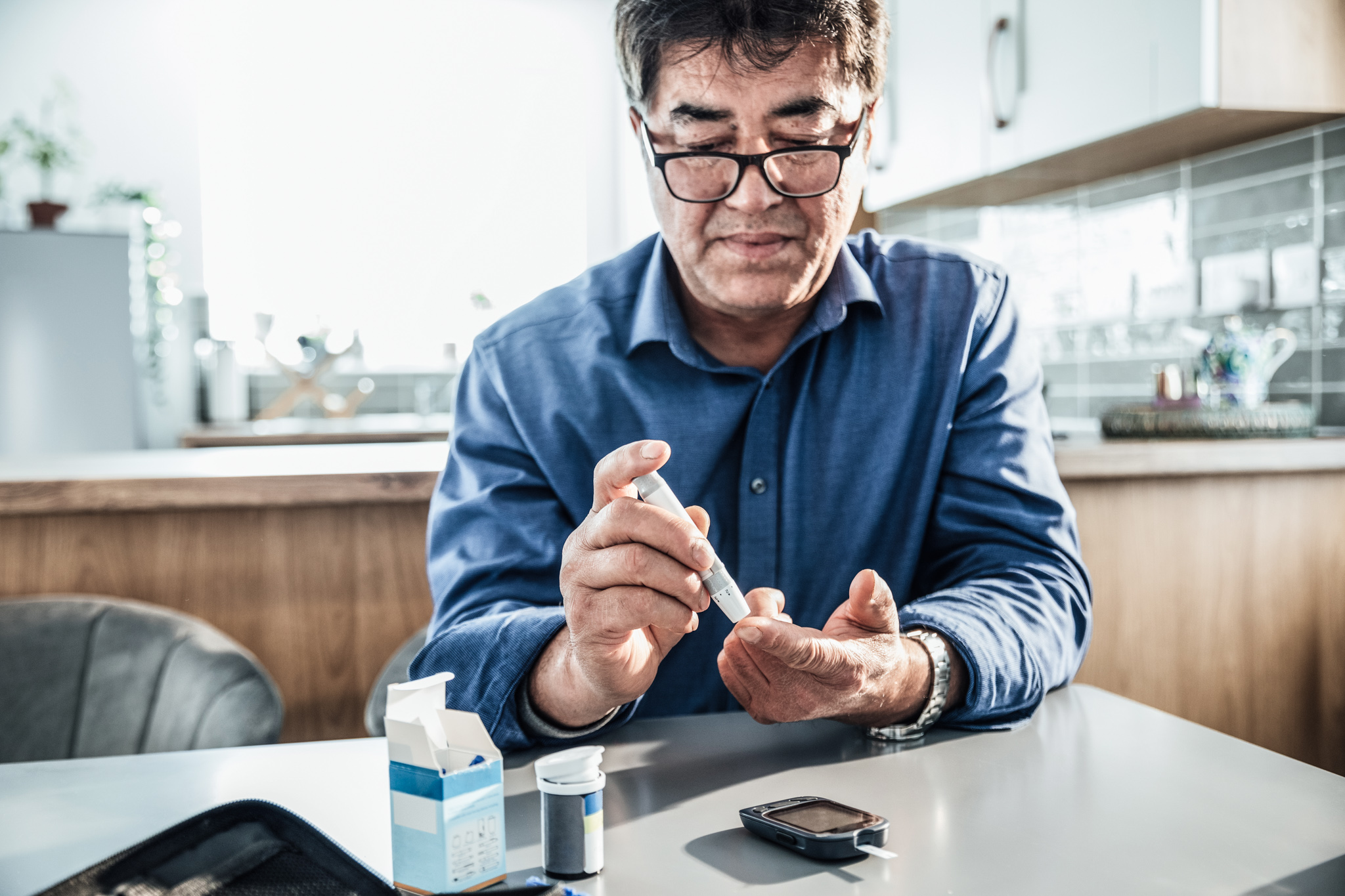People with diabetes can have a more challenging time getting over a cold or flu. For people with diabetes, sick days can mean more than a runny nose. When you are sick with a cold, flu, or any illness, your blood sugar will likely rise above your target range, adding additional stress to your body and, in some cases adding extra recovery days.
On these days, it is more important than ever to take care of your diabetes by doing the following:
1. Stay on top of your blood sugar.
It’s important to continue checking your blood sugar. Check your blood sugar every 4-6 hours and record these results.
2. If you have type 1 diabetes, check your blood or urine ketones every 4-6 hours.
When your body doesn’t have enough insulin, it starts breaking down fat as fuel. When this happens, your body produces ketones. When too many ketones are produced too fast, they can be dangerous and cause diabetic ketoacidosis.
3. Keep taking your insulin or oral diabetes medications.
If you are vomiting, do not take your oral medications. If you take insulin, don’t stop taking it. However, you may need to adjust your dosage.
4. Try your best to follow your meal plan.
- Drink plenty of water or sugar-free liquids (at least eight oz. every hour).
- Try crackers, jello, broth, popsicles or applesauce if you can’t eat solid foods.
- If you can not keep food down, you will need to drink liquids with sugar in them. Try ginger ale, fruit juice, or sports drinks. Remember, we need carbohydrates for energy.
5. Don’t hesitate to ask friends or family for help.
You need rest while you are sick. Make sure these family members know the signs of hypoglycemia.
Call your doctor if you experience any of the following:
- Your blood sugar stays over 300 or under 70.
- You have a fever or 100.4 or higher.
- You can’t keep liquids down for more than 4 hours.
- You have been vomiting and diarrhea for more than 6 hours.
- You have trouble breathing.
- You are very drowsy and can’t think clearly.
Learn more:
The Diabetes Education Program at Northeast Georgia Medical Center is here to help you manage your diabetes. For those diagnosed with Type 1 Diabetes or Type 2 Diabetes, both individual and group sessions are available to aid participants in understanding and managing their diabetes. Talk to your healthcare provider about referring you to diabetes education if you or someone you know would be interested in attending an individual or group session. To learn more, call 770-219-0887 or email diabetes.website@nghs.com.



